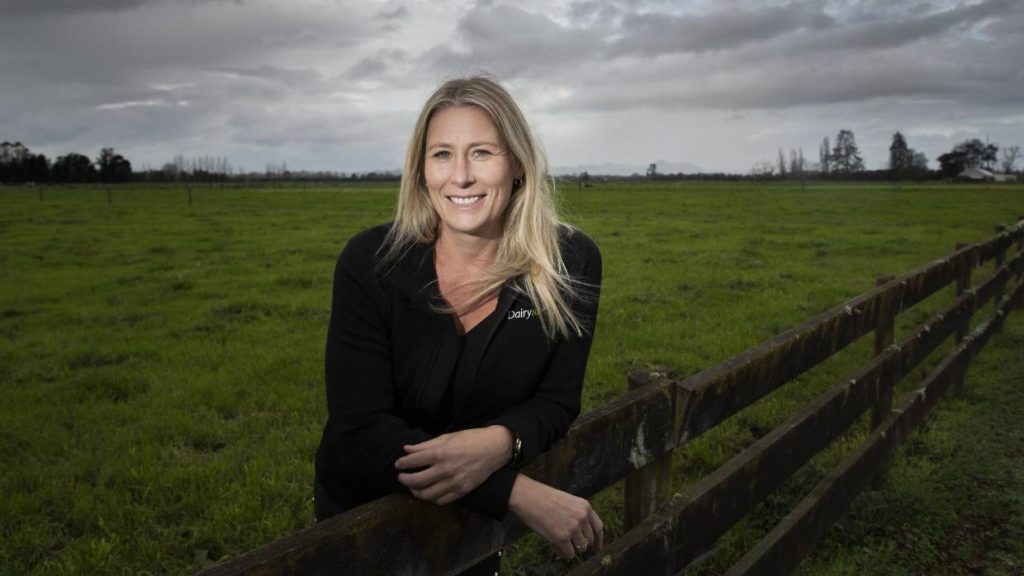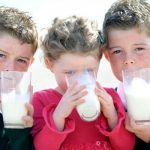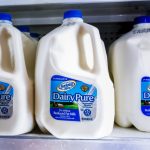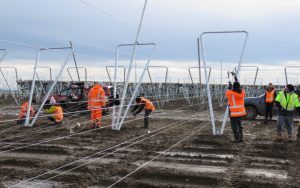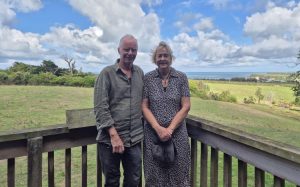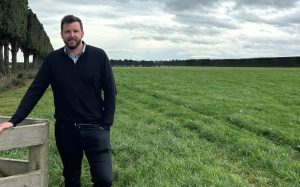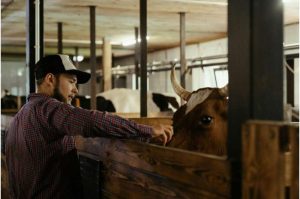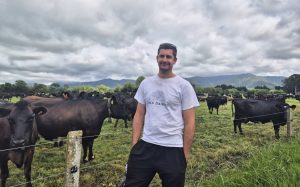
Christiaan Arns, the managing director of Auckland-based Frenz, a recruitment and immigration agency for dairy farms, described the state of New Zealand’s immigration rules as a “complete shambles”.
The short term picture is clear, the pandemic has forced borders to close.
But the medium to long-term outlook is confusing, Arns said.
“The big issue is that for many farms with migrant workers, they are deemed to be unskilled or at lower skill levels.
“For those people, the doors (borders) are shut completely and we’re unsure how this will play out in the future.”
Arns said migrant workers on three-year visas, first introduced in 2017, will have to leave the country in August.
“There’s no clarity from the Government about any exemptions, just silence from the minister (of immigration) that will ultimately reduce the level of migrants in the country.
“I am wondering if that is the intended outcome, reduction of migrants by silence.”
The Regions Managing Director Benjamin De’ Ath believed migrant workers represent the future of the New Zealand dairy industry.
The Regions, based in Hamilton, helps with recruitment, immigration and pastoral care of dairy farm workers.
“A lot of people are looking to retire or slow down from their dairy farms and they don’t have children to pass the farm to,” De’ Ath said.
“So they are turning to the migrant community, people who have become managers or contract milkers, they are going to be the future of the industry.”
De’Ath said there was a myth dairy farm jobs were low paid.
“About 90 per cent of farms are paying north of the medium wage ($25.50 per hour) once people have a few years experience.
“Farmers are savvy, to get and keep good staff they know you need to pay them well.”
The Regions had 2200 people on working visas in New Zealand. It had 51 who were stuck overseas and 80 visas for first-time entrants who were meant to arrive on June 1.
A statement from the Minister of Immigration, Iain Lees-Galloway, said policy is being worked on to “sequence” the return of temporary visa holders who normally live in New Zealand.
“There are many factors that need to be considered including the employment of New Zealanders, the availability of managed isolation at the border and the availability of flights.”
Lees-Galloway said the country relied heavily on migrant workers and there needed to be a “transition” phase to bring Kiwis into jobs.
Dairy NZ said there were 40 highly skilled migrant workers, in manager and assistant manager roles, who were waiting to return to New Zealand.
“Our focus is getting those higher skilled workers who are considered critical to the farms they work on, and have been in New Zealand for 10 years or more, back into the country,” People Team Leader Jane Muir said.
She said there had planned to be “hundreds” of migrant workers entering New Zealand each month from March, when the borders closed, through to winter.
“We have accepted that those migrants, who never worked in dairy, will not be coming now.
“We have accepted that because we want to play our role in helping New Zealanders who don’t have jobs, into employment in dairy.”
Dairy NZ launched its GoDairy campaign on June 24, which encourages Kiwis to look at dairy as a career.
It involved a three-week “farm-ready training course” to give people a taste of rural life.
“As people work through those weeks, we hope they decide dairy farming looks like a great opportunity to get a job, and we have lots of jobs available.
“If they decide it’s not for them, we don’t view that as a failure, but as an opportunity to see the crucial role dairy plays in the New Zealand economy.”
Muir said moving more Kiwis into the farming sector would take years, rather than something that would happen overnight.
Pay rates (careers.govt.nz)
*Dairy farm assistants earn between $42,000 and $80,000.
*Assistant dairy herd managers, $48,000 to $88,000.
*Dairy herd managers, $51,000 to $90,000.
*Dairy farm managers, $63,000 to $160,000.
*Operations managers in charge of large or multiple dairy farms, $66,000 to $160,000.
